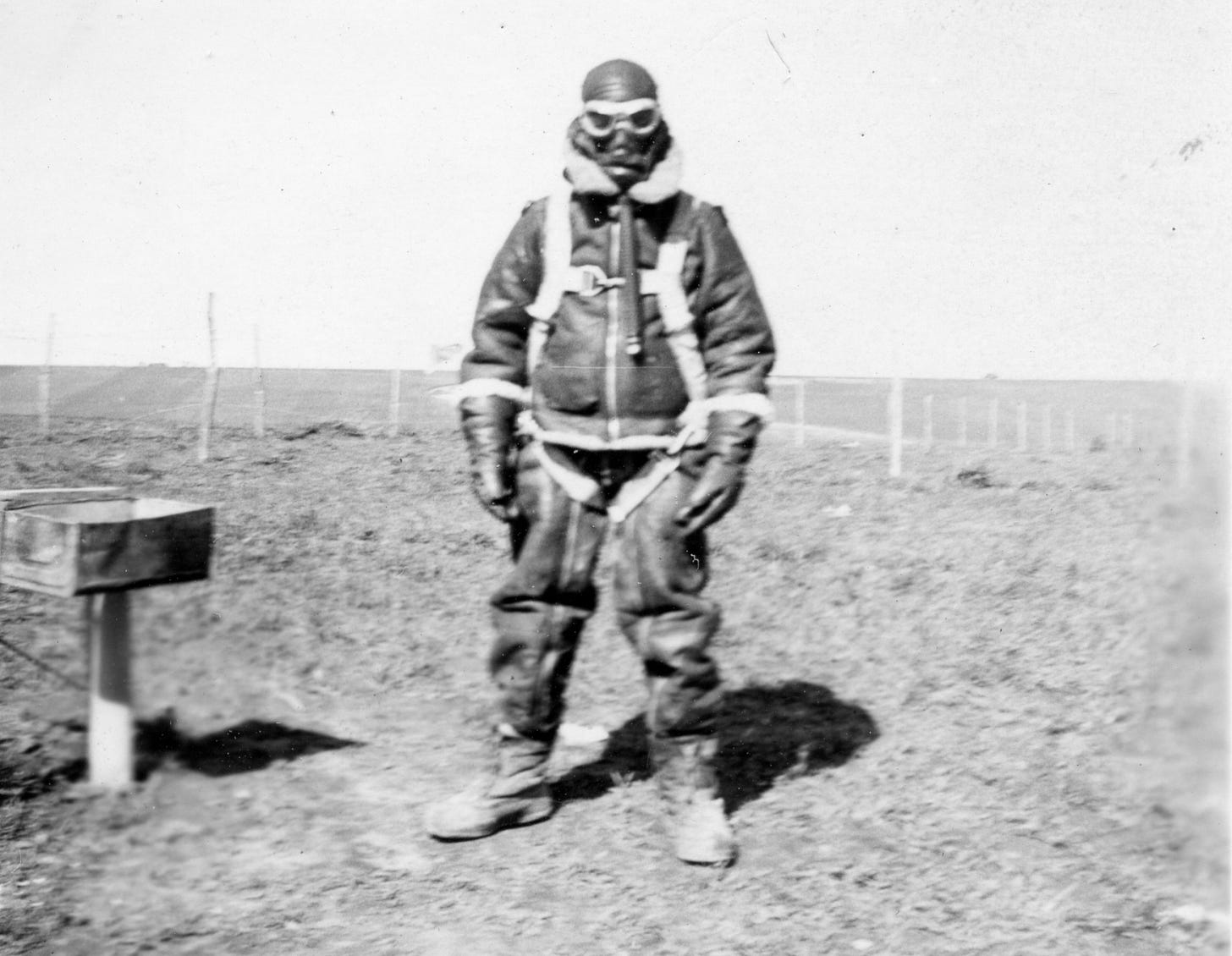
The ‘Usual’ Lecture - 1994
from the journals of Cecil Touchon
Usually, we look at a thing in the usual sort of way
which usually means that we usually don’t see it as it usually is
but rather, we see it as we usually see it.
The Post-Dogmatist however, decides to look at a thing in an unusual kind of way compared to how he would usually see it.
This usually gives him the unusual opportunity
to see the thing as it usually is rather than as he usually sees it.
The great advantage of this is that he is usually able,
through this unusual experience, to begin to change his usual way of seeing things in general toward being more in accord with the way things usually are and less in accord with how people usually see them.
This is considered, of course, to be of unusually great benefit.
You see, a thing is usually in its usual condition,
which is to say, it is usually existing in its true nature, its natural state.
In fact, it is very unusual for a thing not to be in its usual condition.
That is why it is usually best, when things seem to be unusually out of sorts,
to do something very unusual and change your usual way of seeing things.
Usually, things seem unusually out of sorts
because we are not looking at them in their usual condition
but rather, looking at them in our usual way
and because of this, we are usually confused.
You see, looking at things in the usual way
causes things to seem different that they usually are.
When this is the case,
we usually respond to things in a way that is unusual
to the nature of the thing we are looking at.
This usually causes a thing to respond back to us
in a way that is unusual to its nature.
For, it is usually the case, that a thing usually determines what its true nature is in accordance with how everything else around it usually responds to it.
Therefore, since we usually respond to a thing in a way that is unusual to the thing’s true nature, it usually responds back to us reciprocally,
based on how we usually respond to it.
This usually causes us to think that the way we usually look at a thing
is in accordance with the way a thing usually is and this is, as usual, the problem; that a person usually sees a thing as he usually sees it
and usually will not consider the possibility that his usual way of seeing a thing is unusual to the thing that he is seeing.
It is usually very difficult to get a person to look at a thing
in a way that is unusual to his usual way of seeing it.
Usually, unusual circumstances are required
so that the unusualness of his usual way of seeing
becomes unusually apparent to him, affording him the very unusual opportunity to see a thing as it usually is
without his usual problem of seeing it as he usually sees it.
Now, usually, this will be such an unusual experience
that he will usually try to revert to his usual way of seeing.
But, having had the unusual opportunity of seeing a thing as it usually is
rather than as he usually sees it, he will usually feel unusually uncomfortable trying to maintain his usual way of seeing.
However, because of this unusual experiences of having seen a thing as it usually is rather than the way he usually sees it, he has,
usually unwittingly, begun the unusual process
of questioning his usual way of seeing a thing
which, a person usually never ever does except under very unusual circumstances.


